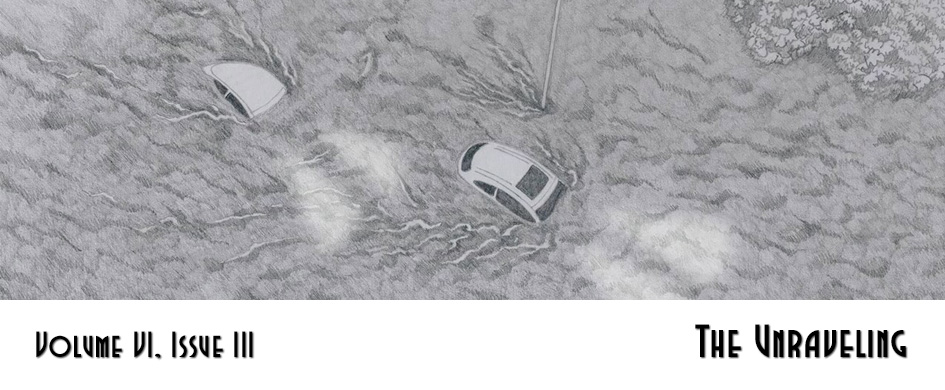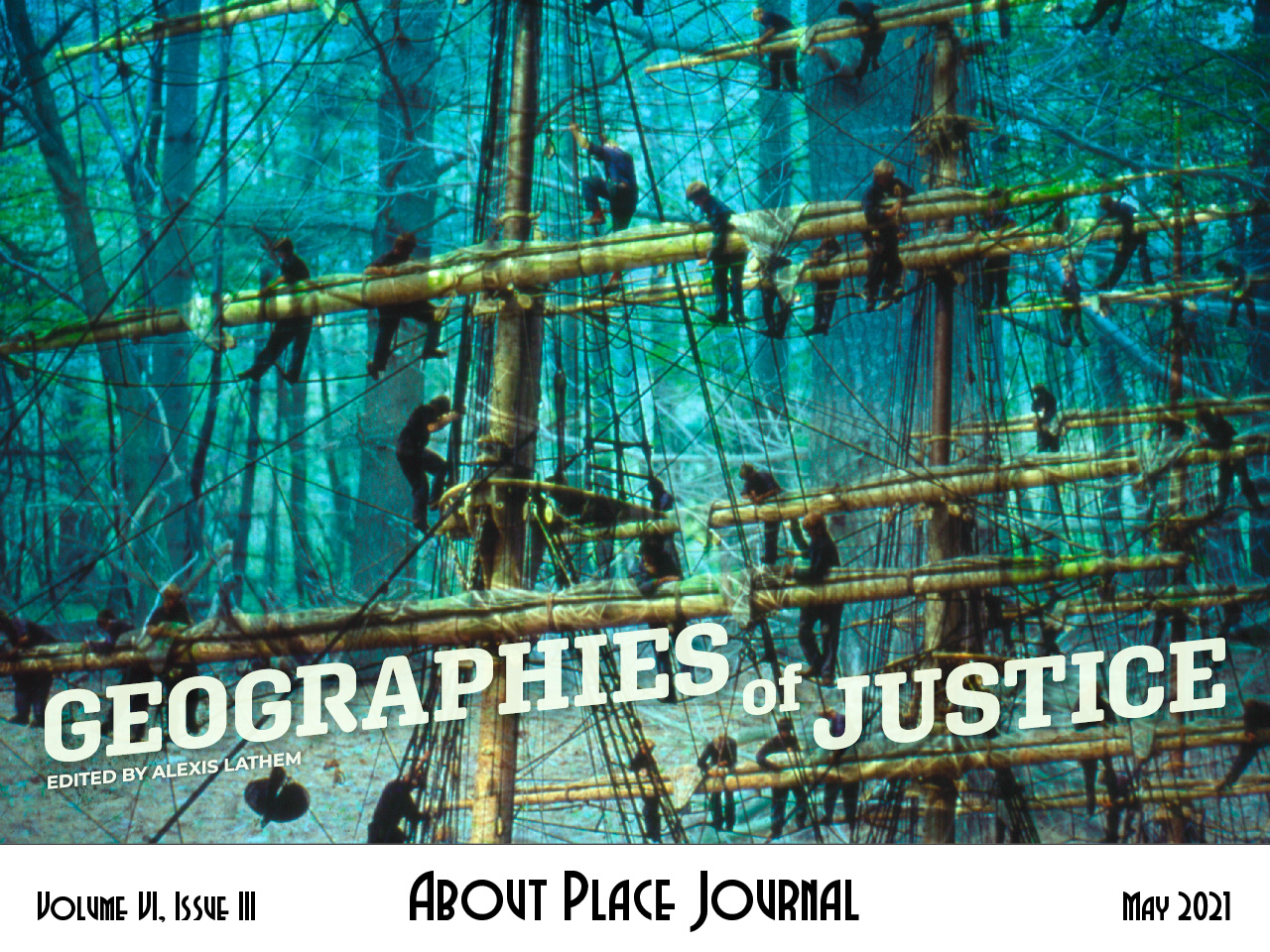She walks among the living for miles,
days, breaks down,
carries on,
makes her way to a clinic in Christianville,
her pain, swelling,too much to bear.
Along dirt roads, past mass graves
and piles of debris,past heads bowed
in prayer, bodies bent over
lifting the dead,
heaving bodies,
past goats rummaging through plastic bags
and emptied bottles,
rotted foodand waste,
she dreams her son in her arms,
the warmth of him,
the weight,
speaks as though he can take in, latch on
to every word.
2
In this country, the ocean is a mirror,
its surface
divides the worldof the living
from the world of the dead.
Spirits linger, take part in the communion
everlastingon earth
but nothing is left here for them now,
nowhere to go.
She once believed it had been a blessing
that no one really dies in Haiti,
since it had always been such a violent,
bloody place,
but perhaps now to depart, to fall
through the sacred pooland keep falling
might be the only way to find peace.
3
The doctor is American, on a mission trip
with Forward Edge,
there in hope of helpingand healing himself.
That he is at the clinic when she arrives
is fate:sò, destine
that will twistand swerve,
bend and break, turn
and translateinto their story.


